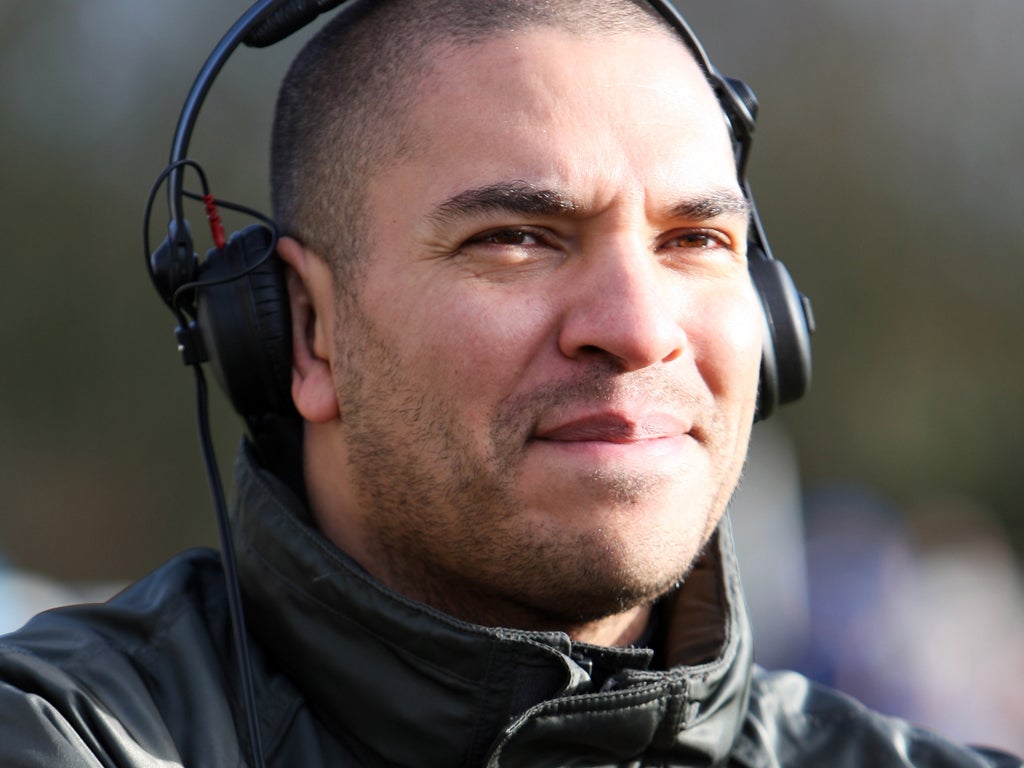Kick It Out reveals big increase in reports of abuse with social media providing a new outlet for racism and homophobia

The Kick It Out organisation has received a 43 per cent increase in reports of discriminatory remarks being posted on social media in the last year, as the anonymity of the likes of Facebook and Twitter provides a new outlet for racism and homophobia
Speaking during a Radio Five Live debate on homophobia, Kick it Out’s director Roisin Wood reveals that the organisation’s own renewed attempts to persuade fans to report discrimination at grounds has seen complaints increase three fold overall. The app which Kick it Out it launched last July to help fans overcome fears about recriminations for reporting abuse has contributed significantly to the increase.
Ms Wood told the debate, at Manchester’s National Football Museum, that social media was a “massive issue” where racist and homophobic abuse was concerned. “Sometimes people are using the force of social media to abuse players and to abuse other fans. These are very serious indications. We can only see that going one way and that’s an increase,” she said.
Commentator Stan Collymore deactivated his Twitter account last month after complaining about persistent racist abuse and declaring that the trend was “getting worse.” Each report of abuse communicated through the app goes automatically to the Football Association, the relevant clubs and leagues as well as Kick It Out. Ms Wood said more prosecutions have followed.
The West Bromwich Albion defender Steven Reid told the debate that he had been embroiled in abuse when he left the dressing room to find a number of abusive comments written in the dust on his car - and amongst them was “Steven Reid is gay.” Reid, who is heterosexual, said: “Stupidly that found its way onto a social network site and there was trouble after that. I wanted to know [from my teammates] who did it. You’ve got to have some balls to stand up and say that’s wrong. But what hit home to me was that taking the word gay out of it and putting a racist word in [would have made it viewed far differently.]”
Reid said it was up to senior players, like himself, to challenge homophobia in the dressing room. “If you hear something unacceptable – or find something unacceptable as a senior player – I wouldn’t have it,” he said.
The Manchester City Ladies’ goalkeeper Dani Brown told the debate that “if I was a male footballer I wouldn’t come out. We might play in front of a crowd of 200 people but these guys in the men’s game are playing in front of 47,000 people – they’ll use anything against you to put you off your game. I totally understand why men footballers’ won’t come out. I think we’ve seen that in pro football when people have got wind of particular stories in the media and then the chants about all sort of things start.”
She said that she had regularly heard homophobic abuse at the Etihad during City men’s first team games. “I’m a season ticket holder at City and I’ve heard homophobic abuse there quite often. But it’s having the guts to go and call that out or approaching some 15 stone bloke who’s at the front abusing a steward for instance. Who’s brave enough to make that step? I’ve never had any homophobic abuse at a women’s game – in the street yes, but not at a game.”
Owen Coyle, the former Burnley, Bolton and Wigan manager, said: “There used to be a time when if an opposition player was terrific he would be applauded. All that’s changed now. People come along to abuse you – a minority maybe. I can understand why a high profile player would be reluctant because of the vitriol and abuse they receive in games. People think it’s acceptable. The sooner that’s eradicated, the better.
“When they are in the dressing room you can understand why a player would be reluctant [to come out] They would be the butt of the jokes. I don’t think that’s malicious. I was a teammate of Justin Fashanu’s at Airdrie. The players welcomed him with open arms in the dressing room. That’s not to say there wasn’t banter. Justin was the butt of opposition fans too. There’s a fine line between the banter and being offensive.”
The Homophobia in Sport debate is broadcast on BBC Radio 5 Live at 9pm on Thursday night
Subscribe to Independent Premium to bookmark this article
Want to bookmark your favourite articles and stories to read or reference later? Start your Independent Premium subscription today.

Join our commenting forum
Join thought-provoking conversations, follow other Independent readers and see their replies